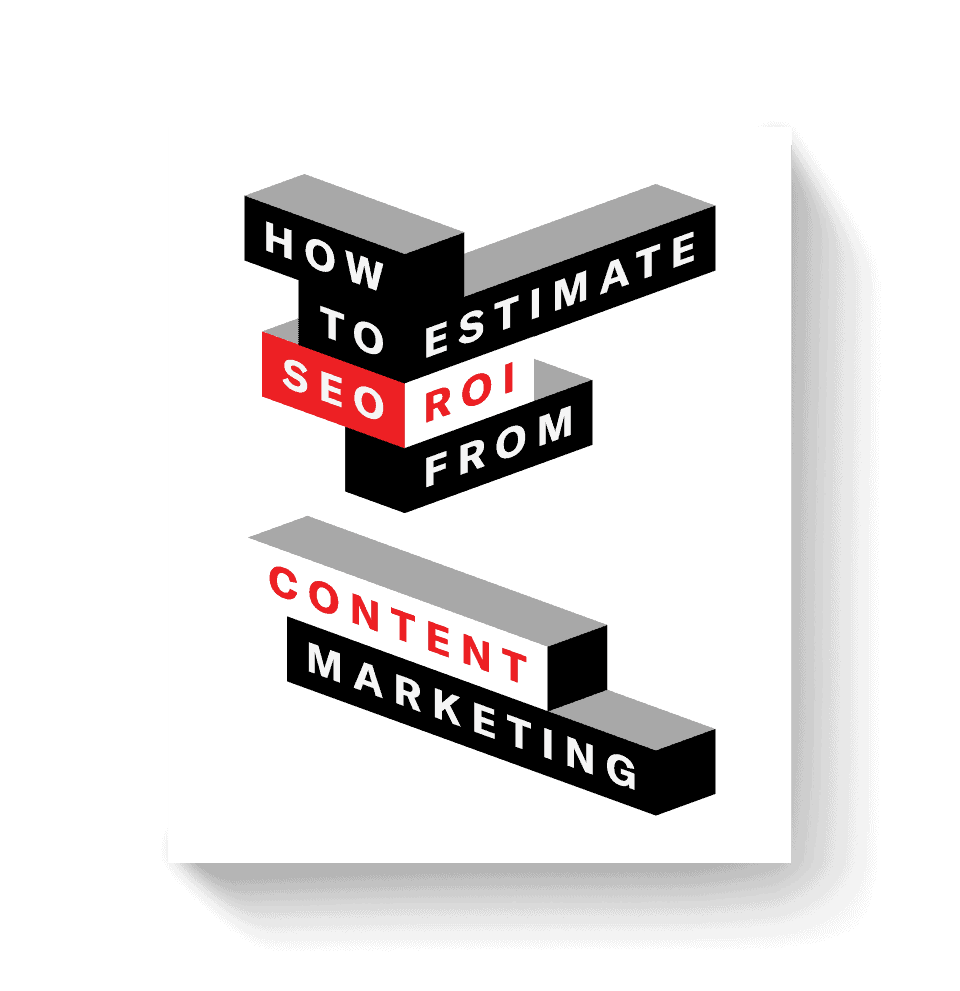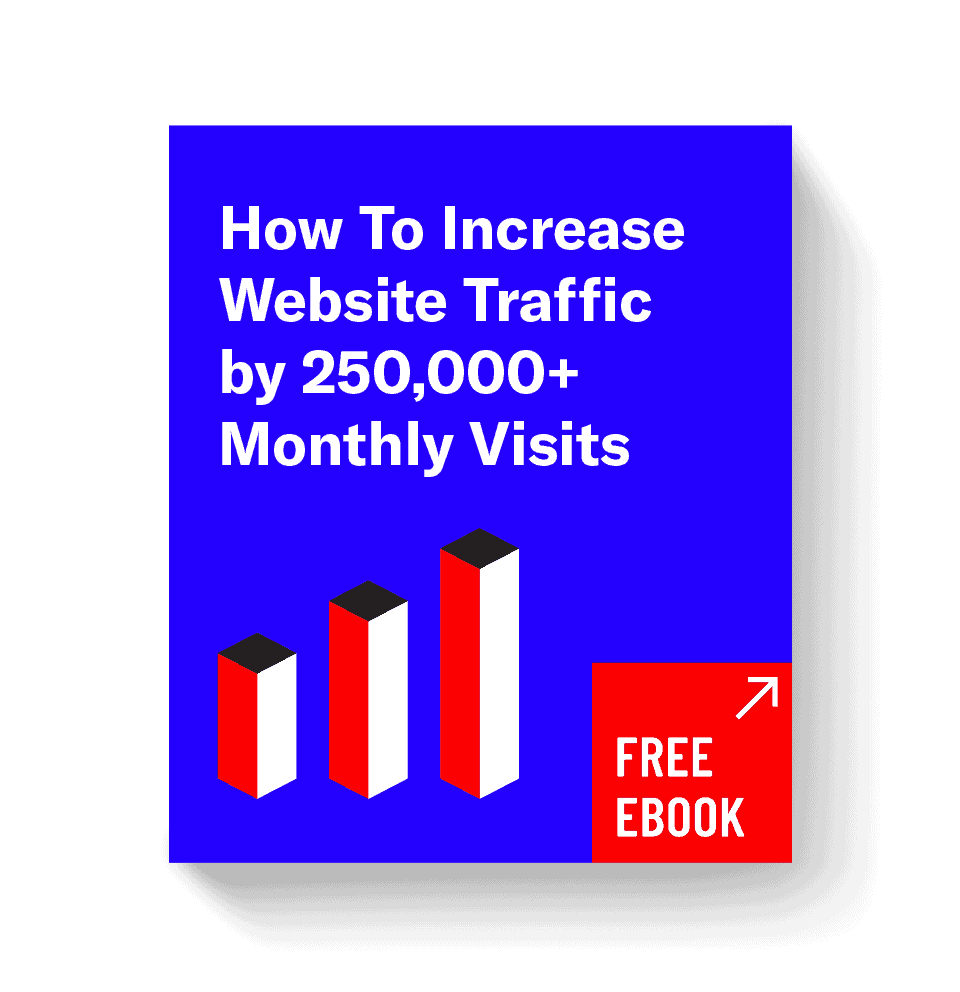When I became a manager, interviewing applicants was my least favorite part of the job. The rehearsed answers to “where do you see yourself in five years?” left me feeling like I never got a realistic picture of a potential new hire.
Interviewing took me time — and plenty of mistakes along the way — to master. In 2021 alone, we spoke with 140+ candidates (and those were just the people we decided were worth talking to on the phone). We hired 30 people from that batch throughout the year (that’s roughly three new hires a month!). On the flip side, our turnover was only 17 people for the year.
From our interview experience, we’ve built a framework that we’ve iterated and improved upon with each person we’ve talked to and hired.
Our hiring success isn’t only attributed to our interview process (training plays a huge role in this too) — I firmly believe proper vetting from the start sets our company (and the new hire) up for long-term success. I detailed our hiring process on our blog earlier, so if you want to see a full picture of our entire process (it’s roughly five steps) watch my video first. Here I’m going to share the interview questions we’ve crafted that help us cut through the candidate B.S.
Why You Need Interview Questions
Before diving in, it’s worth noting that some managers prefer to “wing it” or have an interview be mostly candid conversation. I can understand that — leaving out the formality will cut the potential for a bland, overly polished conversation (which is what frustrated me in my early days of interviewing).
But, unfortunately, very few managers and non-HR professionals can pull this off successfully. It results in too many “trash” questions — from the predictable “what are your strengths and weaknesses?” to the absurd “how many cows could fit in a 10,000 acre farm?”
I find the perfect mix for a 30-minute interview is having five to 10 “must ask” job function questions, one to three “culture fit” questions and some time at the end for them to ask questions.
Some other general rules I’ve learned over time:
- It’s OK to interrupt someone. Some candidates are long winded, so feel comfortable politely interrupting them if you feel their answers are going off track. I’ll usually say, “Thanks for your detail. I’m most interested in what you shared about [XYZ]…” and go from there.
- Make sure your questions are different enough from your colleagues’. Your candidates should be interviewing with more than one person at the company. With that, compare your questions across the team for minimal overlap. We take it a step further and provide each manager with a personalized “question bank” to follow.
- Create a post-interview scorecard. This is an easy way to summarize the entire team’s thoughts on an applicant, which you can then dive in to if needed. We use a “fit, fire, function” score on a scale from one to five (one = extremely poor, five = excellent). Anyone with an average of three or higher we discuss, below we let them go.
13 Interview Questions for Hiring Content Marketers
The core role we hire for is content marketing specialist. Most of our employees come in at the junior or entry level position, but these questions could also be modified for senior and manager roles.
Job Function Questions
Question 1: What content are you not interested in writing professionally?
Maybe they work in medical copywriting now and would like a new challenge. Or they’ve struggled writing on complex financial topics. I appreciate it when an applicant is honest about their weaknesses so we can ensure we pair them with the right client fit.
Question 2: Who is involved in the content creation process at your current job?
What is the team size? Are they expected to churn out content without much supervision or is there a lot of input from a manager or editor? Neither process is bad, but you can get insight on how closely it matches the way your business likes to work.
Question 3: One of our core values is “quality over profit.” Tell me about a time in your writing career where you reflected that value.
We care about the quality of work we create and we want that reflected in the candidates we hire. We’re not interested in writers who want to cut corners or save themselves some time.
Question 4: What type of content do you have experience creating?
See if they name content you know they’ll be writing consistently or if it’s just a rambling list of content you don’t create.
Question 5: Looking at your test project, did it feel familiar? Were you able to use past experience to complete it?
I highly recommend having some kind of test project, like a short, 200-word writing prompt for them to complete before the interview. Here you can try to get some honest answers from them on what came easy to them versus what took some extra time.
Question 6: Tell me about a time your work received a lot of feedback. How did you handle it?
With client work, you never know what type of client you’ll get (hands on, hands off, balanced). We look for candidates who keep a positive attitude when given feedback.
Question 7: How do you approach writing about a topic you’re not an expert in?
We have clients in all industries — from home decor and travel to construction and cybersecurity. Our specialists will also move accounts or juggle more than one client at a time that could be in vastly different industries, so hearing their research process is important.
Question 8: Your first month here will involve a lot of training, but what is something new that you could teach us?
Maybe they’re teaching themselves Python on the side. Or they have experience writing for non-English speakers. Whatever it may be, I believe there’s something you can learn from every new hire.
Question 9: What toolset are you using to complete your writing?
Does it match what your company uses? Will they be overwhelmed with the new technology or adapt to it? Answers can vary from editing extensions like Grammarly to keyword research methods.
Question 10: Give a brief summary of the role and see how they react.
This isn’t a question, per se, but we’ve found it useful to be 100% transparent about the expectations of the role early in the process and get their immediate feedback. Candidates are excited to speak to you and willing to please, so be frank about what some core challenges of the role are so no assumptions are made on day one.
Culture Fit Questions
While not something you’d immediately think about when hiring content marketers, culture fit can be equally (if not more) important. A star performer will mean nothing if they can’t collaborate with your team. Below are some questions we like to ask that reflect our company culture.
Question 1: Give me an example of when you went above and beyond the needs of a project.
Many of our core values reflect putting in the extra effort to deliver for a client. You can also pick up on what the candidate cares most about when they define “above and beyond” work. For example, was it helping out a fellow coworker when they were out on vacation, staying late to finish up a project or uncovering a new topic opportunity for a client?
Question 2: What was a low point during your last job? How did you get out of it?
Again, their answer to this will show you what they care most about in their career. Answers could include stagnation in their growth, reporting to a manager they didn’t have a good relationship with or moving to a new city and struggling to make it.
Question 3: Tell me about a time you disagreed with a manager or client. How did you handle it?
Our environment is collaborative and not everyone will have the same viewpoint on how one thing should get done. We listen carefully to tone and how they explain how they worked through the issue.
How to Write Interview Questions
Even if the questions above don’t match your company or needs, crafting interview questions shouldn’t mean Googling around and copying from the top-ranking articles. If you’re doing that to form the majority of your interview, then your candidate is doing the same to craft their answers.
These questions were crafted from trial and error, but I also found it helpful to list out core competencies to help us target “A Players.” This strategy is outlined in Who, which I recommend to anyone looking for hiring tips (although not all of them are applicable to modern hiring needs).
Figure out five to 10 core competencies for an excellent hire by asking yourself and talking to your management team. Not a good hire — an excellent one. Below is a list I compiled and used to spark interview question ideas:
- Organization and planning – Maintain control of workload and deadlines. Ability to schedule and plan in an efficient, productive manner. Focuses on key priorities.
- Intelligence – Learns quickly. Demonstrates ability to quickly understand and absorb new information.
- Flexibility – Adaptable. Adjusts quickly to changing priorities and conditions.
- Enthusiasm – Exhibits passion and excitement for work.
- Work ethic – Possess a strong willingness to work hard to get the job done.
- Communication – Speaks and writes clearly and articulately.
- Creativity – Linchpin mindset. Generates new and innovative approaches to problems.
The same exercise can be done for any discipline at any leadership level to help you determine what questions get to the core of what you need.
How We Judge Content Marketing Interviewees
Preparing an interview list ahead of time frees you from having to think about the next question you’re going to ask once you’re in the interview. All this effort means nothing if you don’t closely listen to their answers.
While a candidate is answering my questions, I’ll keep a running tab of these checkpoints in my head:
- Was that answer sufficient? Was there something I was unclear on that I should follow up with?
- Did their body language or tone change at all between certain questions?
- What question(s) did they struggle to answer? How did they handle it?
- Did they act differently when answering job function questions vs. culture fit questions?
Finally, I find some of the most valuable intel not from their answers to my questions, rather the questions they ask me. You can immediately tell which candidates have researched your company as opposed to those who have Googled “good follow up interview questions.” Asking me a generic “how long have you worked at Siege Media?” is not as exciting compared to someone asking me “how does Siege Media onboard new clients?”
It’s a “Hell Yes” Or No
You may talk to a lot of average candidates: like applicants who seem solid and check a few boxes and those who you think you can look past shortcomings because you really need this position filled. This choice ends up coming back to bite you.
We try to remind ourselves time and time again that if it’s not a “hell yes,” it’s a no. We want to be equally enthusiastic about a new hire coming on board as they are to join, which means being honest with ourselves about what we like or dislike about each candidate we interview. For more, read our post on our full hiring process and what our training program looks like for new hires at Siege.







